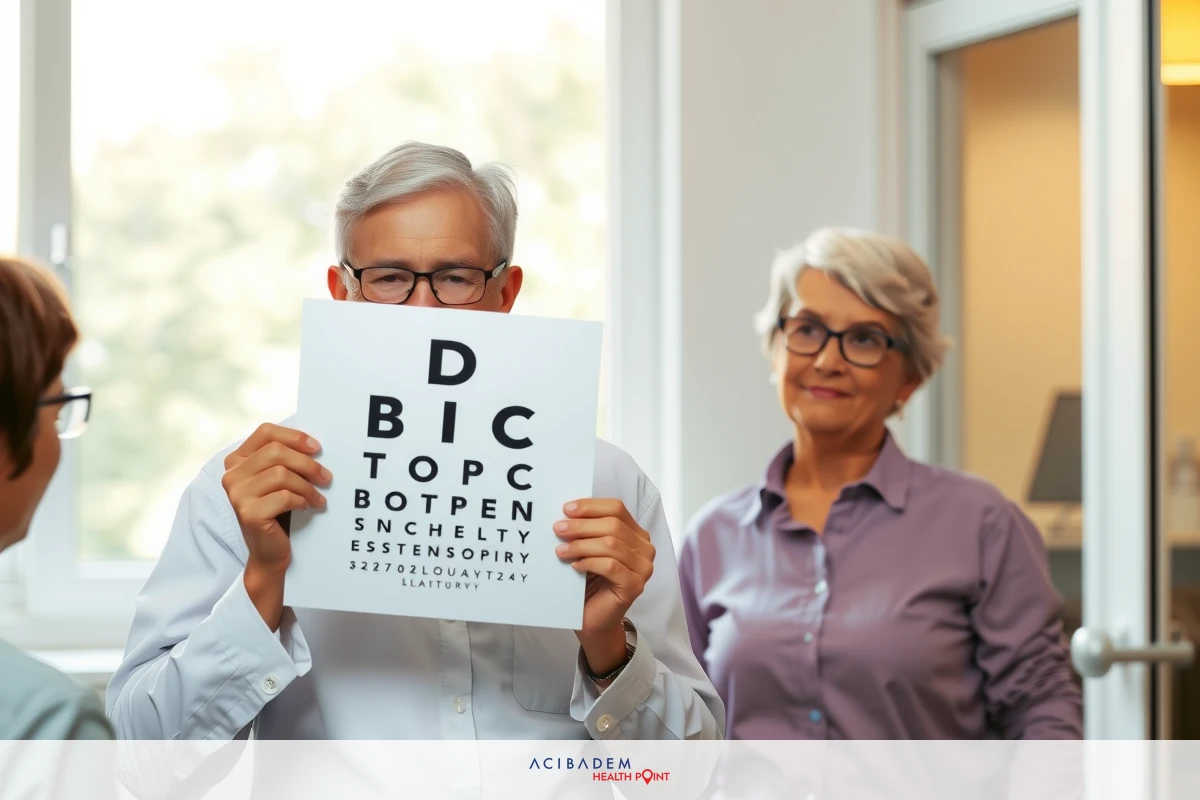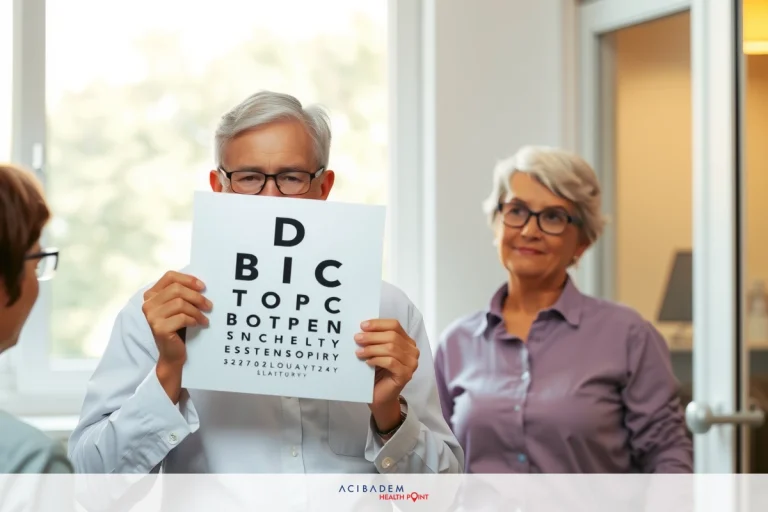Does Laser Eye Surgery Work for Everyone?
Does Laser Eye Surgery Work for Everyone? Imagine living in a world that’s always blurred. Navigating through life becomes a challenge, simple tasks like reading and driving become impossible without assistance. Suddenly, there emerges the possibility of clear vision with laser eye surgery – an exciting prospect indeed! But does this solution really work for everyone?
Laser eye surgery has revolutionized the field of ophthalmology, offering potential vision correction to millions worldwide. The process involves reshaping the cornea using lasers which can correct refractive errors. Despite its popularity, it might not be suitable for all individuals due to various factors including age, health conditions and certain lifestyle habits.
Effectiveness also varies among patients depending on their specific visual issues and how well they respond to treatment. It’s crucial therefore to understand who makes an ideal candidate for this procedure and what outcomes one might expect from undergoing such a treatment.
Who is a Suitable Candidate for Laser Eye Surgery?
In the realm of vision correction, laser eye surgery has emerged as a game-changer. Yet, it’s crucial to recognize that this procedure isn’t universally applicable. The question rings: What constitutes a suitable candidate for such an operation?
The suitability for laser eye surgery primarily depends on several factors, with health conditions, age, and lifestyle habits being key among them. Individuals with pre-existing ocular diseases like glaucoma or cataracts are often disqualified from undergoing laser eye surgery due to the increased risks associated with these conditions. Additionally, individuals under the age of 18 are usually not considered eligible because their eyes are still developing, and prescription changes may continue to occur.
Lifestyle factors also come into play when assessing eligibility for laser eye surgery. For instance, those who partake in contact sports or have jobs involving heavy physical labor might be advised against the procedure due to increased risk of potential injury post-surgery which could adversely affect the outcomes.
Multiple elements fuse together in determining whether you are a suitable candidate for laser eye surgery. These include your age, medical history, lifestyle habits, type of refractive error and financial readiness. Always consult with a qualified ophthalmologist who can assess your unique situation and guide you through the decision process.
Expected Outcomes of Laser Eye Surgery
When envisioning the new world that laser eye surgery promises, it’s natural to wonder about the potential outcomes. What sort of vision improvement can be expected? How does visual acuity change post-surgery? These questions loom large in the minds of prospective patients. However, it is important to remember that outcomes are influenced by numerous factors and vary significantly from one patient to another due to individual circumstances.
The primary goal of any laser eye surgery procedure is correction of refractive errors – myopia (nearsightedness), hypermetropia (farsightedness) or astigmatism. Here are some possible scenarios a patient might experience after undergoing such treatment:
- Complete Vision Correction: In ideal situations, patients may achieve 20/20 vision following surgery making glasses or contact lenses unnecessary for most activities.

A man holding an eye test chart, posing for a picture in an office environment with two women observing. He is wearing glasses and has grey hair. - Significant Improvement: While not reaching perfect clarity, many patients see vast improvements in their visual acuity enabling them to participate in daily activities without corrective eyewear.
- Need For Mild Prescription: Some might still need glasses or contacts with a milder prescription than pre-surgery especially for tasks like reading fine print or driving at night.
- Temporary Visual Disturbances: Post-operative symptoms such as dry eyes and glare could occur but usually diminish over time as healing progresses.
It’s worth noting that while these surgeries have been proven highly effective statistically speaking, they do not guarantee flawless ‘eagle-eyed’ vision every time! The effectiveness also hinges largely on parameters including age, overall health condition and specific type of refractory issue which all factor into final surgical outcome.
To make informed decisions, it’s vital to have an open discussion with your ophthalmologist about potential outcomes. Understanding these possibilities can set realistic expectations and help make the journey towards better vision a fulfilling one!
Effectiveness of Laser Eye Surgery
With the promise of vision transformation, laser eye surgery has piqued curiosity and hope in many. However, it’s essential to scrutinize its effectiveness, success rates and patient satisfaction levels before committing to this medical journey. Let us delve into these facets for a more comprehensive understanding.
Effectiveness is arguably one of the most crucial factors when evaluating any medical procedure – laser eye surgery being no exception. The good news is that this form of vision correction boasts impressive results overall! Numerous studies reveal high success rates with significant percentages of patients achieving 20/40 visual acuity or better post-surgery which is considered adequate for most day-to-day activities. More importantly, majority report improved quality of life owing to decreased dependence on corrective eyewear.
Navigating through these promising statistics warrants caution because they don’t tell the entire story. Success isn’t uniformly distributed across all cases as outcomes can vary depending upon specific refractive errors addressed by the surgery. In general terms though, myopia (nearsightedness) tends have higher correction success compared to hypermetropia (farsightedness) or astigmatism.
Assessing the overall effectiveness requires analyzing myriad elements from hard statistics to individual experiences. It’s a blend of science and personal journeys, painting vivid pictures of success rates and satisfaction levels associated with laser eye surgery!
Frequently Asked Questions
What exactly does laser eye surgery involve?
Laser eye surgery involves the use of lasers to reshape the cornea - the clear, front part of your eye. This can correct refractive errors and potentially eliminate or reduce dependency on glasses or contact lenses.
Are there different types of laser eye surgeries?
Yes, there are several types including LASIK (Laser-Assisted In Situ Keratomileusis), PRK (Photorefractive Keratectomy) and LASEK (Laser Epithelial Keratomileusis). Your ophthalmologist will recommend a suitable option based on your specific needs.
Does laser eye surgery hurt?
During the procedure, numbing drops are used to ensure patient comfort so you shouldn't feel pain. Post-operatively some patients report discomfort for a few days which usually resolves itself as healing progresses.
How long is recovery after laser eye surgery?
Recovery times vary depending on individual circumstances and type of procedure performed. Most people notice visual improvement within 24-48 hours but it may take several weeks for vision to fully stabilize.
That these answers are intended for informational purposes only and do not constitute medical advice. Always consult with a healthcare professional for accurate information.








